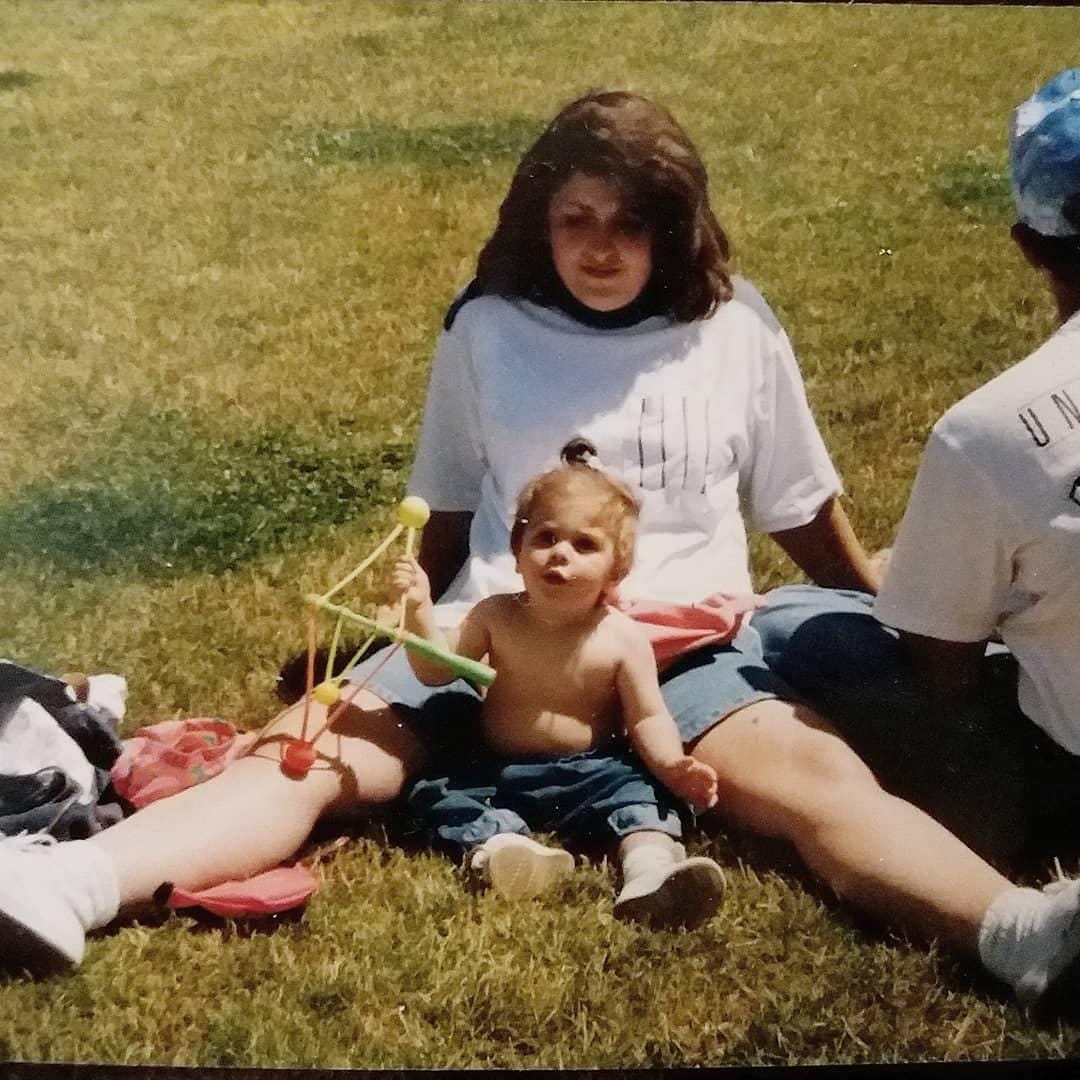Reading time is about six minutes
This will not be an article about stress reduction techniques. A simple Google search will tell you how to increase exercise, meditate, and tell your partner you need more “me time.” This is a look into why mothers find themselves silent during their hardships.
It seems astonishing that replying to a friend’s status, “How can I support you right now?” would continually get applauded reactions in 2023. Moreover, I see mothers with children of all ages react with their own astonishment that asking this question hadn’t occurred to them before.
Imagine the impact we might witness if we asked more people in the thick of whatever their circumstances were these questions.
Imagine the impact on yourself if you could - without shame or stigma - openly remark: “I don’t know what kind of support I need, but I need it.”
Self-Censorship in Motherhood
In the first three months of being a new parent, I documented my battle with the lack of autonomy and “free time.”
I am frustrated, angry even, that yesterday was so hard. I often feel like my time is less valuable than (my husband’s) time. I feel disrespected. We are both frustrated that we aren’t getting enough alone time, rest, sleep. When I express my feelings, even to myself, I use “but” statements and consequently gaslight myself.
For example, I want more alone time, but I know he does too. I’m exhausted, but I know he’s needing sleep from working. I have a hard time stating things about my feelings when they are unhappy because I don’t want to seem ungrateful.
Entry 5/27/2021
I still struggle with the idea I must censor how I feel overwhelmed and confused as a mother. Shouldn’t I be blissfully grateful that I am a mother? After all, I had prayed for it and still love it.
The answer (for myself) is revealed in identifying that my complex feelings derive from a lack of control and unrealistic expectations of what being a mother means to me.
What emotions are you struggling with in parenthood? Do share these emotions with anyone?
I often choose to silence my needs about handling it all as a mother because I cannot fathom the idea that I won’t be able to manage it on my own. Here I am now, admitting the things I silence myself over:
Finding time to take care of myself is difficult because I don’t know what my “self” is as a mother. There is almost always a little person attached to me. Even when she is not around I am wondering about her needs and how my “free time” is being wasted on a lack of caretaking for others.
I have felt severe anger over the loss of identity of Chanel. I am Momma. I am not my own. There was intense grief in the first two years, whereas now I feel more like my self has expanded.
I don’t know what self-care looks like because my body image is all messed up. My clothing sizes and my body shape change every six months. I feel unstable with the lack of reliability in my body.
How To Help Mothers (Get Help)
Don’t assume. Be bold. Be specific. Listen before advising. I could easily write another article on ways mothers can get the help they really need but I’m confident we need more people to understand that the core of what people (not just parents) have a deep desire to feel heard and taken care of when they cannot take care of themselves. So approach these as good practices for people who are grieving, hurting, or alone, not just mothers.
Don’t assume people sharing their hurt and struggles are seeking advice. I see this all the time, especially when a mother (or pregnant woman) cries out to the world. Oh, you are sick? Here are a million ways to fix the problem. Unless someone asks specifically for your advice, don’t give it to them.
This is where my question from earlier came in: What kind of support do you need right now? You might find it’s just a listening ear.Be bold. If you see someone is struggling in person, give them some encouragement. If you see someone is posting continually online about their struggles, ask them for their mailing address and send them a gift card.
We are all living life as the main character but are too scared to say “look at me” because (most) adults recognize it’s not all about them. By taking the bold approach of reaching out to someone on their behalf, we help bridge the gap.Be specific. If you want to offer someone help and ask them, “how can I help you?” or, “what do you need?” you will run into two problems. First, they might not know what they need. Second, you’re making it their responsibility to solve a problem.
Instead, identify what is in your own capacity to help them and be specific when you give them the option. For example, you can say, “I am running to the store tomorrow at 11 am. Do you want me to pick you up one or two items?”. Or you might message them and ask if they would like you to help fold laundry while they nap with their baby.
Do you see the differences in these approaches? We can find ourselves shutting down about our needs for a variety of reasonings, whether they derive from old narratives about what we “should” be able to handle or because we don’t want to seem ungrateful.
We have a blossoming generation of parents who are working hard to break generational trauma. But let us not forget that we can do this hard work by reaching out to those who need more help. Western society is in a weird realm of internet connection and in-person isolation. Many parents lack the idea or reality of community support.
I haven’t heard back from the three mothers who shared their struggles when I asked this question this week. I only hear from mothers who never considered asking this question themselves. If you’re one of them, I hope this speaks to you.
Dear Readers,
I would love it if you could reply to this email or comment on the Substack app to let me know what topics have resonated with you at Motherhood Minute. I’m releasing all past writings to be 100% public for the time being to understand better who you are and why you come here.
Yours, Chanel.






This line “I cannot fathom the idea that I won’t be able to manage it on my own.”
I have spent 10 years of mothering feeling this way, and a few months ago decided enough was enough we needed our family around us for support. So we are finally moving back to our home city next month after 13 years away.
I am not entirely sure still why I had this huge obsession of it being my husband and I against the world, that we didn’t need any help and could be all the people and do all the things. But it has taken my autistic youngest child to push me into accepting help.
And I agree with you wholeheartedly that the best way to help can be to either just do something or be specific in what you offer help for. I wrote a post about that a while back as it is the only way I could personally accept help. When I have the capacity I try to drop a friend in need baking or a meal to give her a break as that’s all I can manage around my own children.
This is a great post will definitely be sharing, and thanks to Kamaria for sharing it so I found it in the first place 😀🥰
Important conversations and calls to action. ✨❤️ ⭕️